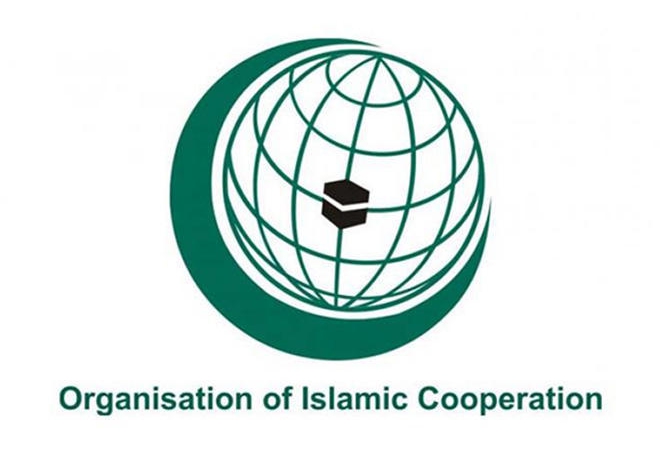Saturday 4 February 2023 - 01:19
Story Code : 403867
Iran seeking OIC Women Development Organization membership
In line with regional and international capacity building in the field of women and family, and with the approach of developing interaction and also convergence in the international arena, the bill for joining the organization has been submitted to the Majlis, IRNA quoted Khadijeh Karimi, an official with the vice presidency for women and family affairs, as saying.
The bill was approved by the cabinet of ministers on January 4 and was submitted to the Majlis on January 23, she added.
Expanding Iranian women's cultural, social, and political relationships with women all over the world, developing women's international activities, strengthening the participation of governmental and non-governmental institutions and increasing their presence in international arenas, and strengthening cooperation between women in Iran and in other countries to support Islamic associations, organizations, and communities are among the highlights of the bill.
The Organization of Islamic Cooperation (OIC) is the second largest organization after the United Nations with a membership of 57 states spread over four continents.
Founded in 1969, the Organization is the collective voice of the Muslim world. It endeavors to safeguard and protect the interests of the Muslim world in the spirit of promoting international peace and harmony among various people of the world.
Objectives and goals
The Women Development Organization of the Organization of Islamic Cooperation was founded in 2009 and aimed to develop women.
According to its statute, it shall be concerned with everything necessary to meet its objectives, in particular �highlight the role of Islam in preserving the rights of the Muslim woman, especially at the international fora in which the Organization is involved.�
It also aims to develop plans, programs, and projects necessary to implement policies, orientations, and decisions of the OIC in the area of women�s development, welfare, and empowerment in the Member States.
Organizing conferences, symposia, workshops, and meetings in the area of women�s development in the Member States, conducting courses and training programs aimed at strengthening and building capacity, skills, and competencies in the area of women�s development and empowering them to discharge their mission in the family and society, are also among other objectives.
Moreover, it supports and encourages national efforts in Member States to develop human resources in the area of women�s development, organize activities aimed at upgrading the role of women and ensuring women�s full rights in Member States� societies, in line with the Charter and the decisions of the Organization of the Islamic Conference.
The Organization also carries out studies to enhance the role of women in Member States, activates the rights of women enshrined in the OIC Charter by working to remove the restrictions that will enable women to participate in community building, suggests ways and methods of the society�s support for women, and establishes an information network that will enable Member States to identify experiences and practices regarding women, including through the cooperation with civil society
Advantages for Iran
The advantage of membership in the Women Development Organization for the country can lead to cooperation and transfer of experiences among Islamic countries in order to increase the participation of Muslim women in decision-making, managerial, executive, and legislative fields, Karimi stressed.
It can also lead to empowering and increasing the political development and social and economic growth of women through holding training courses and programs with the aim of improving the skills and competencies of women, she pointed out.
Explaining Islam's view on honoring women and its social role based on creating equal opportunities for growth and a justice-oriented view on the distribution of social duties, as well as explaining Islamic values and the gifts of Islamic civilization to humanity can be some other advantages, she added.
�Highlighting the role of Islam in protecting the rights of Muslim women, especially in international forums in which the member countries of the Organization participate, is another advantage of getting the membership.�
Benefiting from the Organization's capacity for communication and bilateral cooperation among member countries in order to increase cooperation in the field of women's empowerment, especially among the countries that have more affinity and political and cultural harmony with each other is another advantage, she explained.
And using the Organization's capacity to help the development of women in underdeveloped member countries in various fields of economy, education, politics, and culture without the need for help from developed western countries is considered another advantage of the membership, she concluded.
By TEHRAN TIMES
# Tags











